David Elliott: We must never forget Remembrance Day
As the beneficiaries of the sacrifices made we must remember them 106 years on, writes David Elliott.
Opinion
Don't miss out on the headlines from Opinion. Followed categories will be added to My News.
When Australians woke up on this day 106 years ago, they probably didn’t realise it would in time become one of the most significant dates in modern history.
And yet for us, the beneficiaries of their sacrifices in World War I, it barely rates a mention anymore.
At 11am on November 11, 1918, the trauma of the world’s first total armed conflict had finally come to an end.
With the German Kaiser abdicating and the Central Powers on the verge of collapse, our forefathers woke up to the bittersweet news that our lads would be coming home.
Sweet, because the war was over. Bitter, because our nation had lost so much.
Even though Australia, as a recently formed independent Commonwealth, had every reason to feel vindicated for being part of the victorious allied forces, we still had to face the brutal reality of 60,000 dead soldiers, sailors, airmen and women.
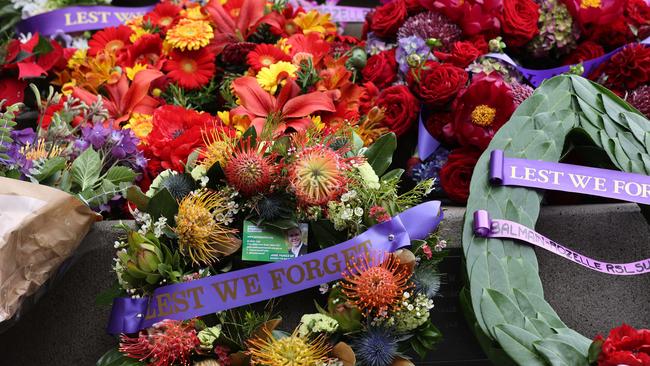
The cream of our young nation had paid the ultimate price for responding to the call from “God, King and Country”. How naive were they to think they had just survived “the war to end all wars”. There was barely a family in the land left untouched.
For mine, our Scottish-born great-grandmother Annie had to come to terms with the fact that her beloved son Archie, a 19-year-old carter from Cessnock, would not be returning, having died from a bullet wound to the thigh in February 1917.
Uncle Archie was a Private in the 34th Battalion when he was mortally wounded and it took six painful weeks for him to succumb to his injuries.
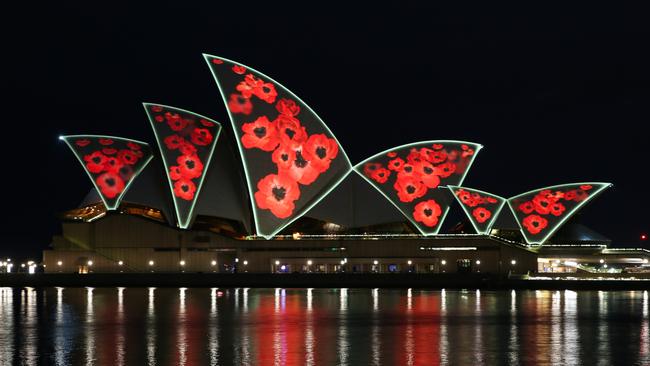
The letters from Annie to the Army begging for information about his condition as he lay dying in a field hospital half a world away are a sage reminder that mothers are often the forgotten victims of war.
There are plenty of letters in the Australian War Memorial archives like the one from Annie and, while the stories and valour and courage should be told, it’s Annie’s letter that reveals the true cost of war and the reasons we owe it to her generation to remember this special day of peace.
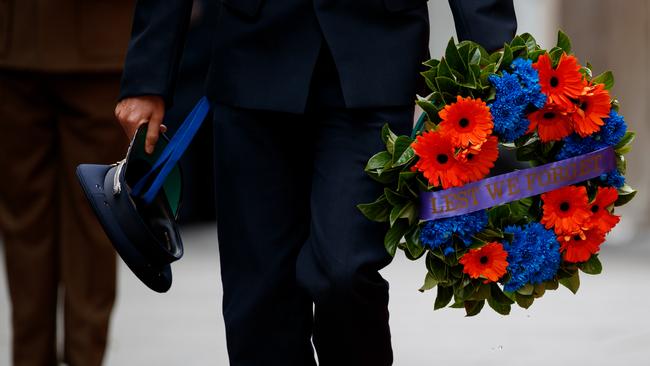
That’s why as Minister for Veterans I would often buddy up with one of my Labor colleagues on this day to hand out a poppy for parliamentarians to wear as they entered the chamber.
I recall one year noticing a Greens MP was without this small but powerful token of respect, so I approached her and handed one over – only for her to refuse the offering and let the poppy fall to the ground.
She told me that she didn’t “celebrate war”.
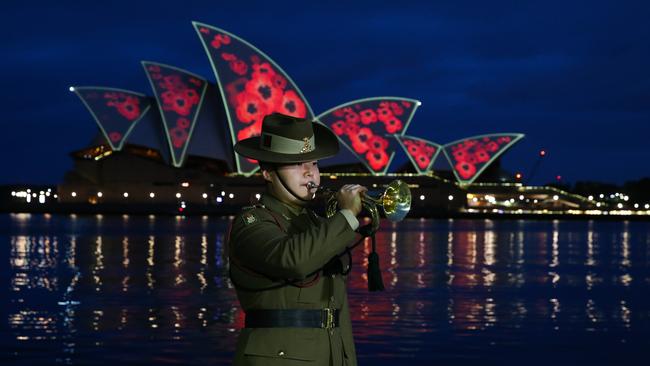
Some people just don’t get it. Remembrance Day is the antithesis of glorifying war. Rather, it’s a celebration of the peace.
Fast forward a century and it’s as if the causes of the Great War have never been addressed.
We still have race-based aggression. Economic sanctions are still used to obtain political advantage, and extremism – from both the right and the left – remains a major cause of concern for those nations committed to democracy.
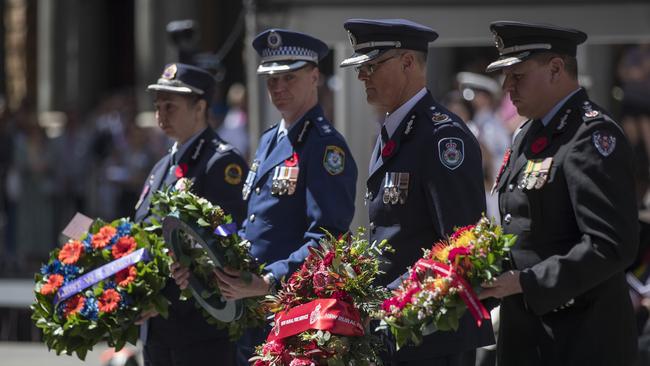
Not everyone will feel compelled to pause and reflect on the horrors of war today because they don’t have the lineage of sacrifice that stemmed from the first Remembrance Day. For others, ignorance means that they just don’t understand what we are commemorating.
We do, however, have an obligation as a civilised society to ensure that we respect the sacrifice of military service and, most importantly, learn the lessons that come from not being prepared to defend justice.
Like Anzac Day, Remembrance Day is a special time for the defence family. It’s a day of sombre reflection and, unlike other holidays, the manner in which we commemorate can vary according to the individual.
It’s also ironic that today is the last notable day of commemoration on the Australian calendar before Advent, a time when Christians celebrate the arrival of hope.
It’s as if we have this last period of the year to focus on loss before we indulge in the wonders of the giving season.
While successive veteran groups have previously called for today to be a public holiday as a means of keeping alive the lessons of war, it’s hard to believe that such a move would better honour the sacrifice of our military personnel.
In fact, the growing politicising of our national days of significance means that it may do more harm than good.
That makes our own personal commemoration today even more special.
Whether you decide to take a break at 11am to attend a war memorial, pause at work for a minute’s silence or donate your lunch money to the War Widows Guild, the important thing is that we perpetuate the sacrifice made by our compatriots more than a century ago in one way or another.
For Annie’s sake, let’s not forget Remembrance Day.
David Elliott is a former Veterans Minister and returned peacekeeper




